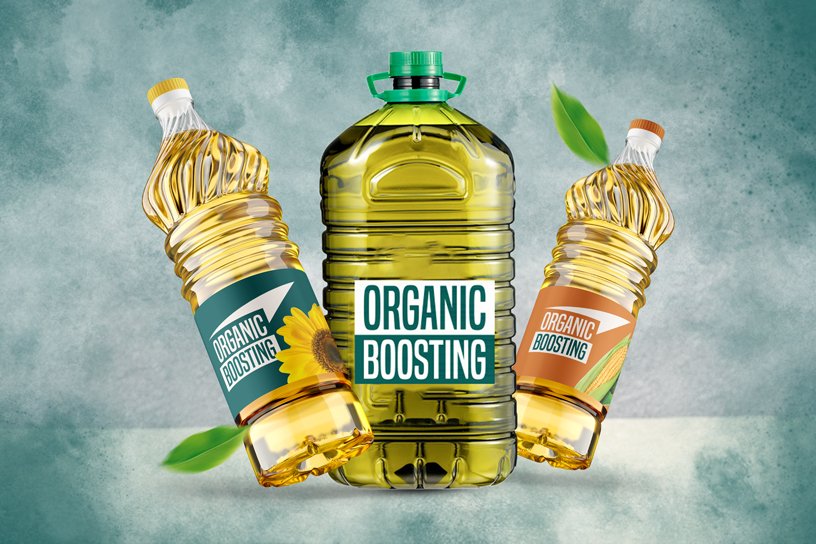Top 5 Best and Worst Cooking Oils for Health
Have you ever wondered about the impact of cooking oils on our health? As we strive to offer our customers the best products, it’s crucial to understand which oils are beneficial and which ones may be detrimental. We’re diving into the world of cooking oils to explore their effects on cardiovascular health and overall well-being.
In this article, we’ll take a closer look at the top 5 healthiest cooking oils and the 5 worst ones to avoid. We’ll also provide insights on how to choose the right cooking oil for different culinary needs. By the end, you’ll have a comprehensive understanding of which oils to stock and recommend to consumers, ensuring you’re offering products that align with the growing demand.
The Top 5 Healthiest Cooking Oils
Let’s dive into the top five options that can benefit cardiovascular health and overall well-being.
Olive Oil
Extra virgin olive oil (EVOO) stands out as one of the healthiest cooking oils available. It’s rich in monounsaturated fats, which have a positive impact on heart health. EVOO has an influence on lowering LDL (bad) cholesterol levels while raising HDL (good) cholesterol. Its high antioxidant content, including vitamin E, helps protect cells against oxidative damage. Contrary to popular belief, EVOO is safe for cooking at high temperatures due to its stability and resistance to oxidation. Olive oil and sunflower oil: types, production, and environmental impact
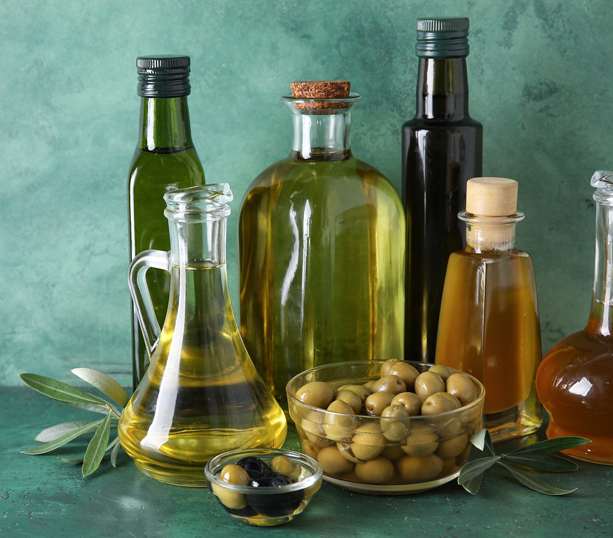
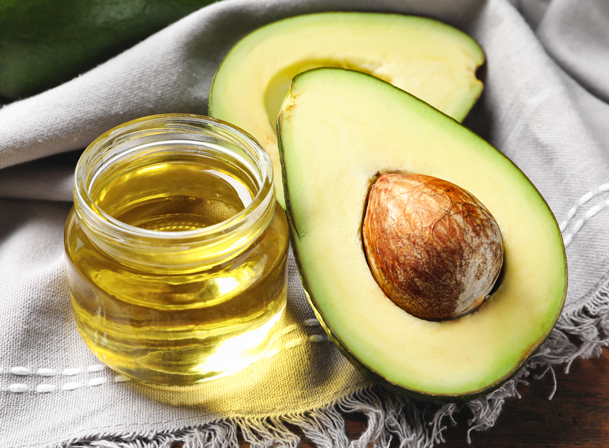
Avocado Oil
Avocado oil has gained popularity among health-conscious consumers. It’s composed of 71% monounsaturated fatty acids, making it an excellent choice for heart health. This oil has an impact on reducing inflammation and improving cholesterol levels. Its high smoke point makes it suitable for various cooking methods, including frying. Avocado oil also contains carotenoids, which are beneficial for eye health.
Coconut Oil
While coconut oil has been the subject of debate, it offers unique benefits. It’s rich in medium-chain triglycerides (MCTs), which are metabolized differently than other fats. Coconut oil has an influence on boosting HDL cholesterol levels. However, it’s important to note that it’s high in saturated fat, so moderation is key when recommending it to customers.

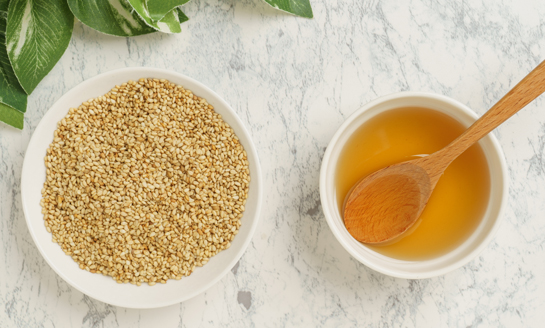
Sesame Oil
Sesame oil is a flavorful option that’s popular in Asian cuisines. It contains sesamol and sesaminol, antioxidants that have a positive impact on heart health. Studies suggest that sesame oil may help reduce inflammation and improve blood sugar regulation. Its distinct nutty flavor makes it an excellent choice for dressings and marinades.
Flaxseed Oil
Flaxseed oil is a rich source of alpha-linolenic acid (ALA), an omega-3 fatty acid. It has an influence on reducing inflammation and supporting heart health. However, it’s not suitable for high-heat cooking and is best used in cold preparations or as a finishing oil. Flaxseed oil may also have benefits for bone health and skin condition.

The 5 Worst Cooking Oils to Avoid
While some cooking oils offer health benefits, others can have a negative impact on our well-being. As F&B businesses, it’s crucial to understand which oils may not be the best choices for our customers. Let’s explore the five worst cooking oils that we should consider avoiding or limiting in our product offerings.

Vegetable Oil Blends
Many vegetable oil blends are high in omega-6 fatty acids, which can contribute to inflammation when consumed in excess. These blends often contain a mix of oils like soybean, corn, and canola, which are heavily refined and may lose beneficial nutrients during processing.
Canola Oil
Although canola oil is often marketed as heart-healthy, some concerns have been raised about its production and potential health effects. Canola oil goes through an extensive refining process that may strip away beneficial compounds. Moreover, when heated at high temperatures, canola oil can produce small amounts of trans fats, which are known to have negative effects on cardiovascular health.
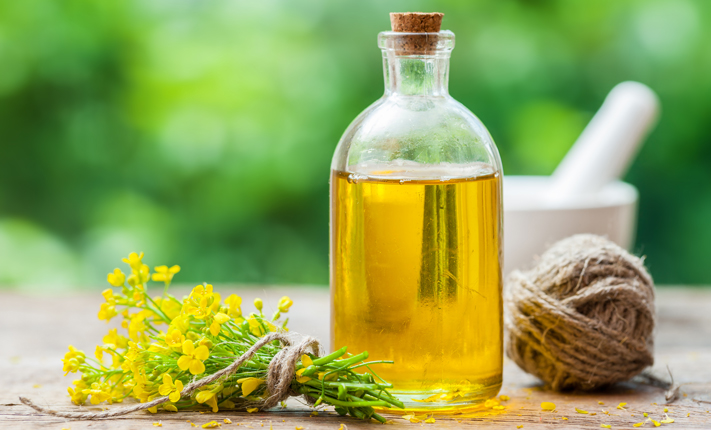
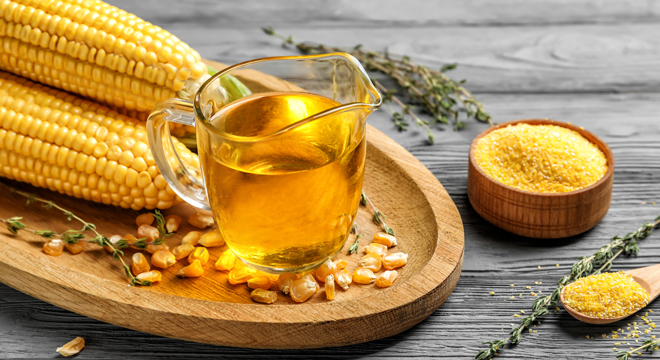
Corn Oil
Corn oil has an omega-6 to omega-3 ratio of 46:1, which is significantly higher than the recommended 4:1 ratio. This imbalance may contribute to inflammation and increase the risk of various health issues. Additionally, most corn oil is derived from genetically modified crops, which may be a concern for some consumers.
Soybean Oil
Soybean oil has been linked to potential health concerns in some studies. Research suggests that high consumption of soybean oil may have an influence on increasing the risk of obesity, diabetes, and inflammation. Like corn oil, most soybean oil comes from genetically modified crops, which may not align with the preferences of health-conscious consumers.
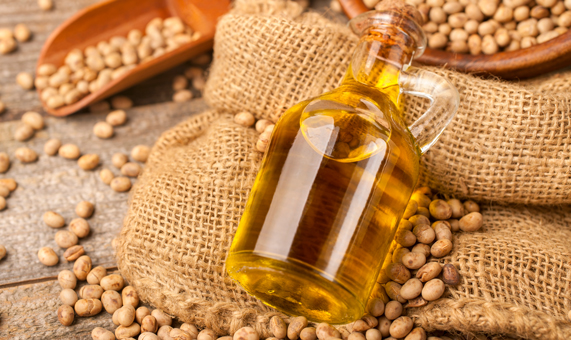
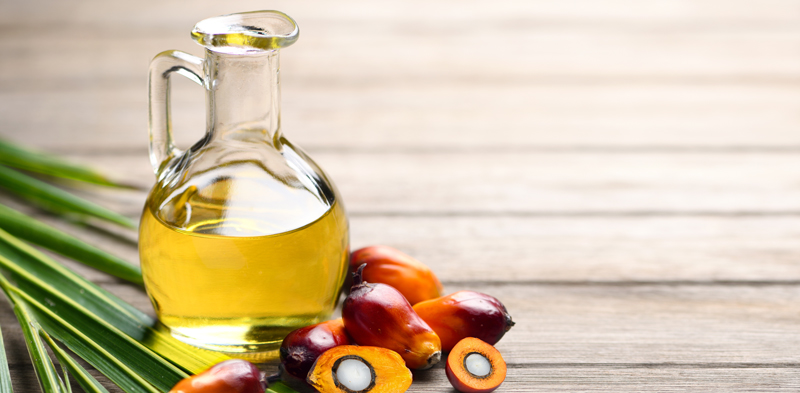
Palm Oil
While palm oil is widely used in processed foods, it has raised environmental and health concerns. Palm oil is high in saturated fats, which may have an impact on increasing LDL cholesterol levels when consumed in large amounts.
How to Choose the Right Cooking Oil
When it comes to selecting the best cooking oil for your customers, there are several factors to consider. Let’s explore the key aspects that can help you make an informed decision.
Smoke Point
The smoke point is crucial when choosing a cooking oil. It’s the temperature at which oil starts to break down and smoke, potentially releasing harmful compounds. Oils with high smoke points are better suited for high-heat cooking methods like frying or searing. For instance, avocado oil has an impressive smoke point of 520°F, making it ideal for various high-heat cooking techniques. On the other hand, extra virgin olive oil, with a lower smoke point of 374 to 405°F, is better for low to medium-heat cooking or as a finishing oil.
Fatty Acid Profile
Understanding the fatty acid composition of cooking oils is essential for making heart-healthy choices. Oils rich in monounsaturated and polyunsaturated fats are generally considered healthier options. For example, olive oil is high in monounsaturated fats, which can have a positive impact on cardiovascular health. Conversely, oils high in saturated fats, like coconut oil, should be used in moderation.
Refinement Process
The refinement process of an oil can significantly affect its properties. Refined oils typically have higher smoke points and a more neutral flavor, making them versatile for various cooking methods. However, they may have fewer nutrients compared to their unrefined counterparts. Unrefined oils, like extra virgin olive oil, retain more of their natural flavors and beneficial compounds but generally have lower smoke points.
Flavor Profile
Consider the flavor profile of the oil and how it will complement your dishes. Some oils, like sesame or walnut oil, have distinct flavors that can enhance certain recipes. Others, such as canola or grapeseed oil, have a more neutral taste, making them suitable for a wide range of culinary applications.
To wrap up, the choice of cooking oil can have a significant influence on cardiovascular health and overall nutrition. By stocking and promoting healthier options like extra virgin olive oil, avocado oil, and flaxseed oil, we can help our customers make informed decisions about their dietary choices.
We hope that this guide has helped you learn more about the wonderful world of oil!
If you’d like to find out more about the oil brands that we export at Organic Boosting, don’t hesitate to contact us and we’ll be happy to send you a catalogue, with no obligation on your part.


